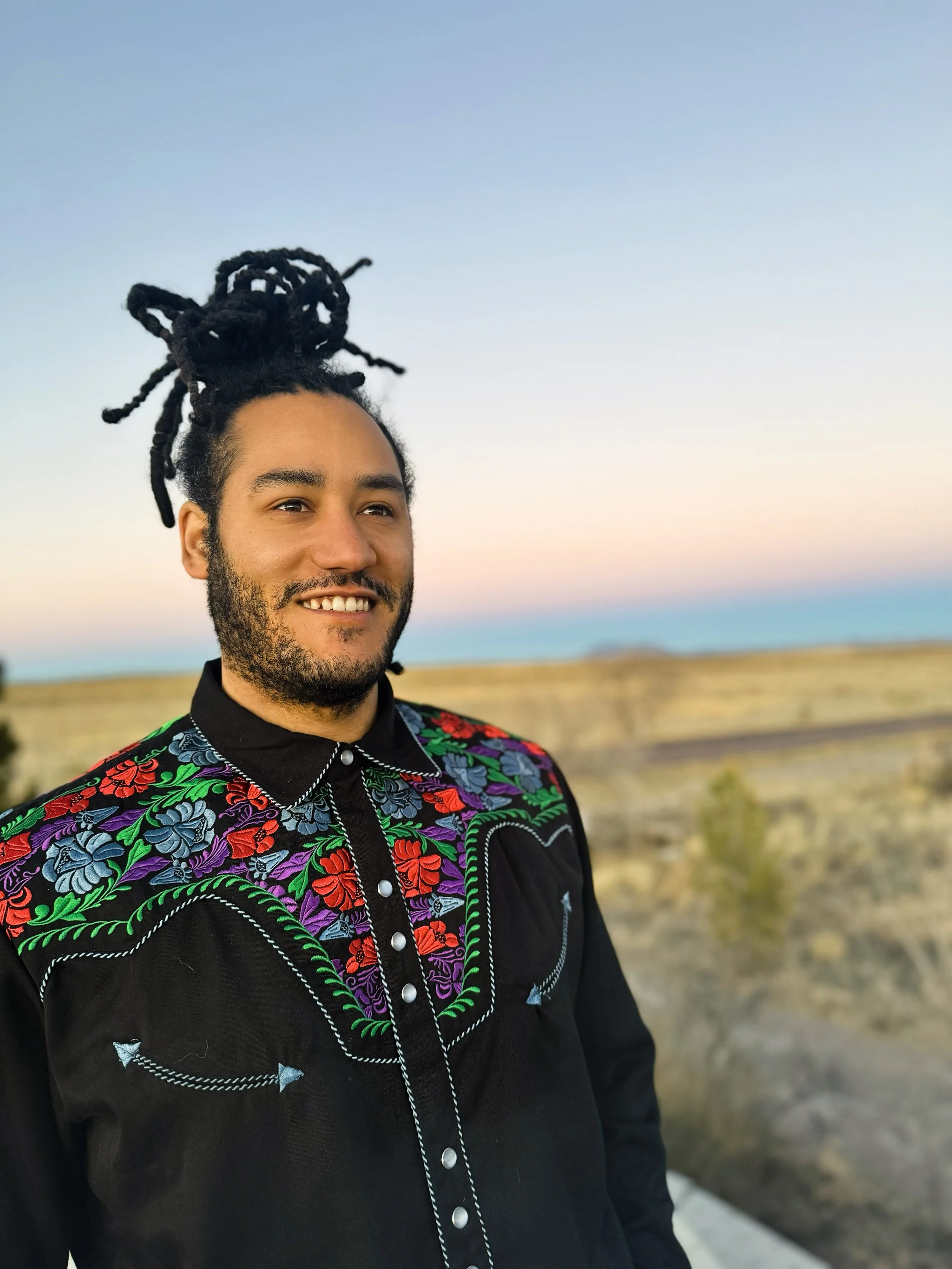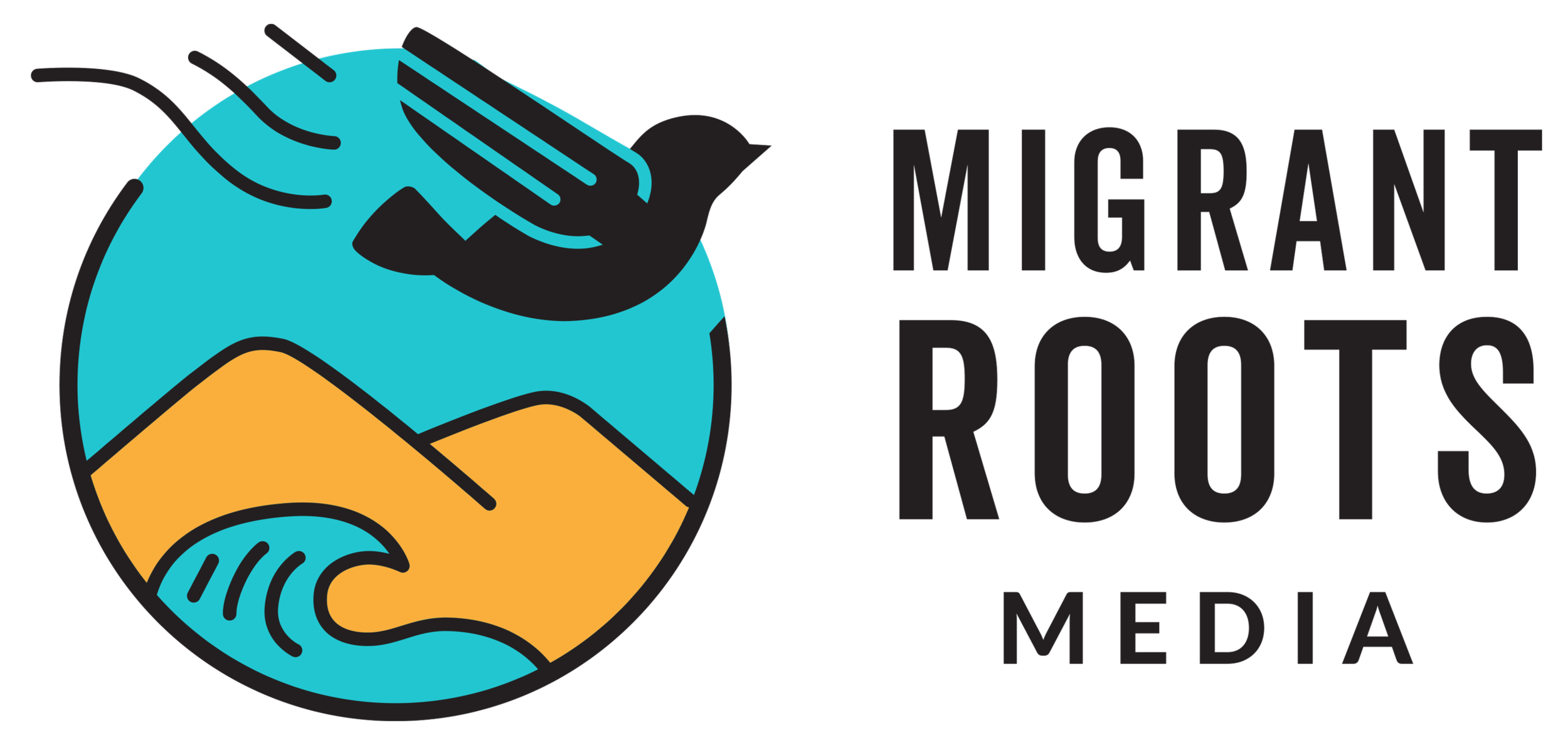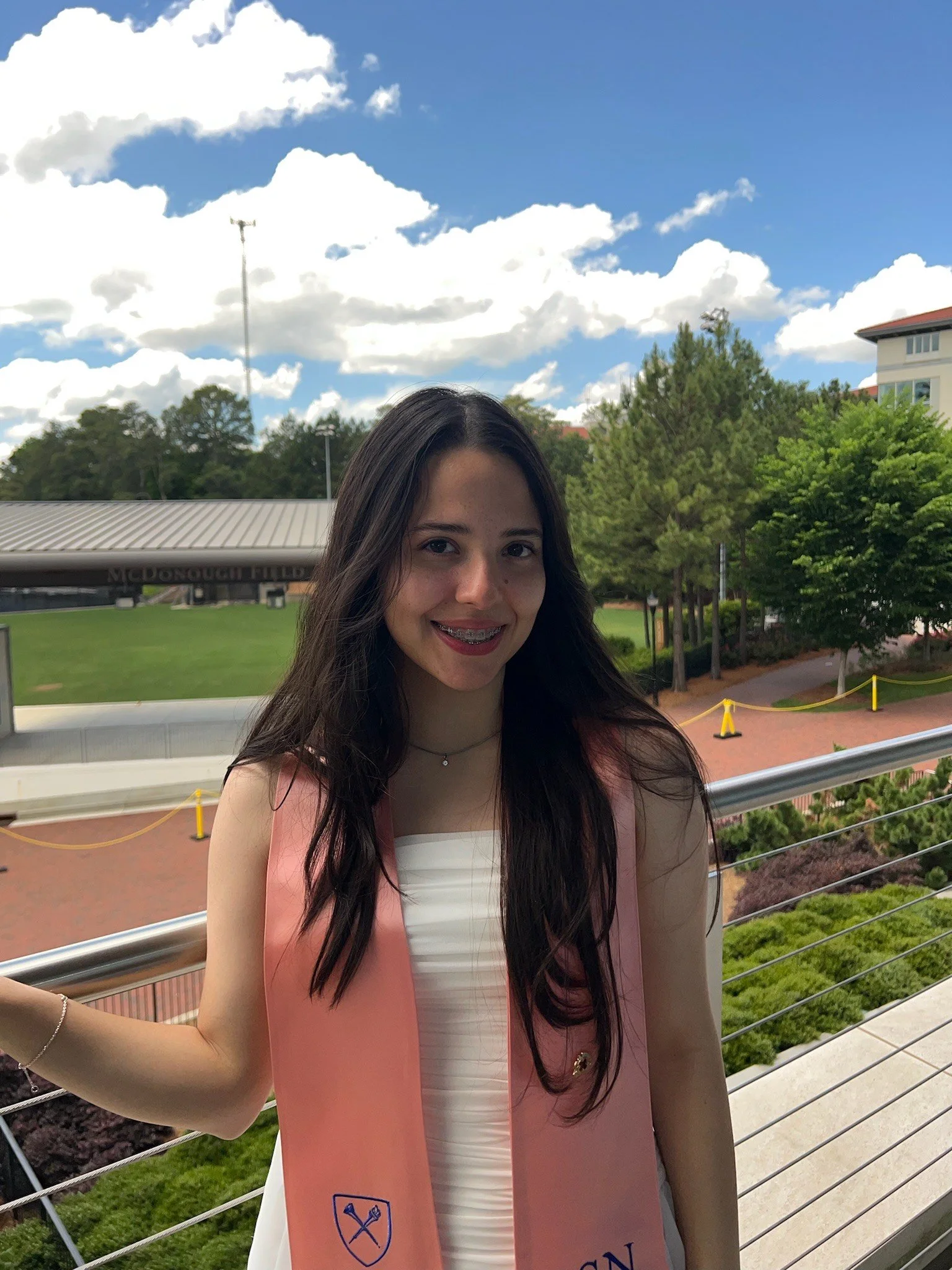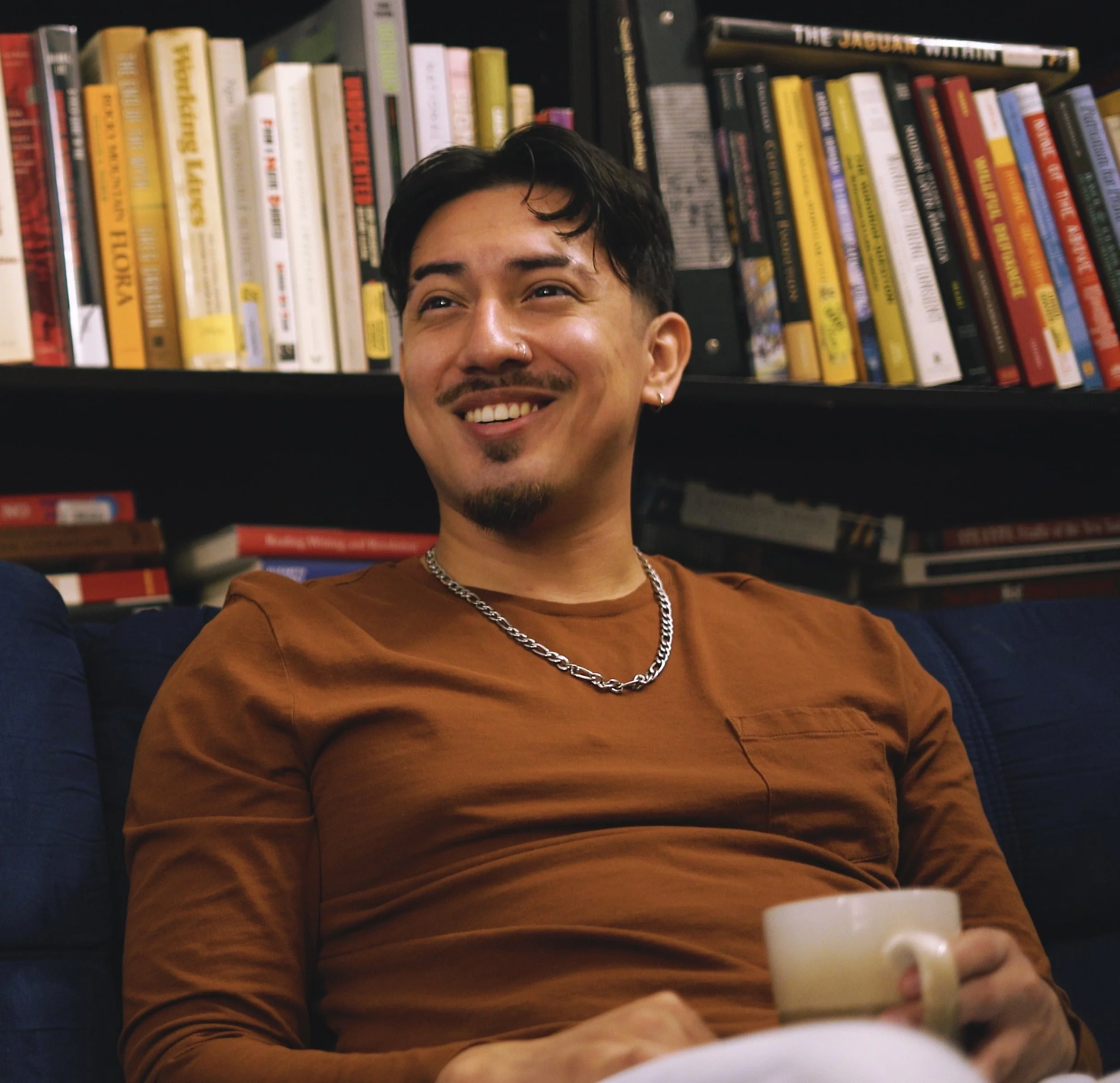Remember We
Throughout the Vos del Sur program, we studied the complex history between Central America and the U.S. South. While I was aware of the connection, my eyes and mind were opened to just how deep the relationship goes. I am very grateful for all the things I learned in this class and even more grateful for the opportunity to exemplify these connections with my little island paradise, Roatán.






